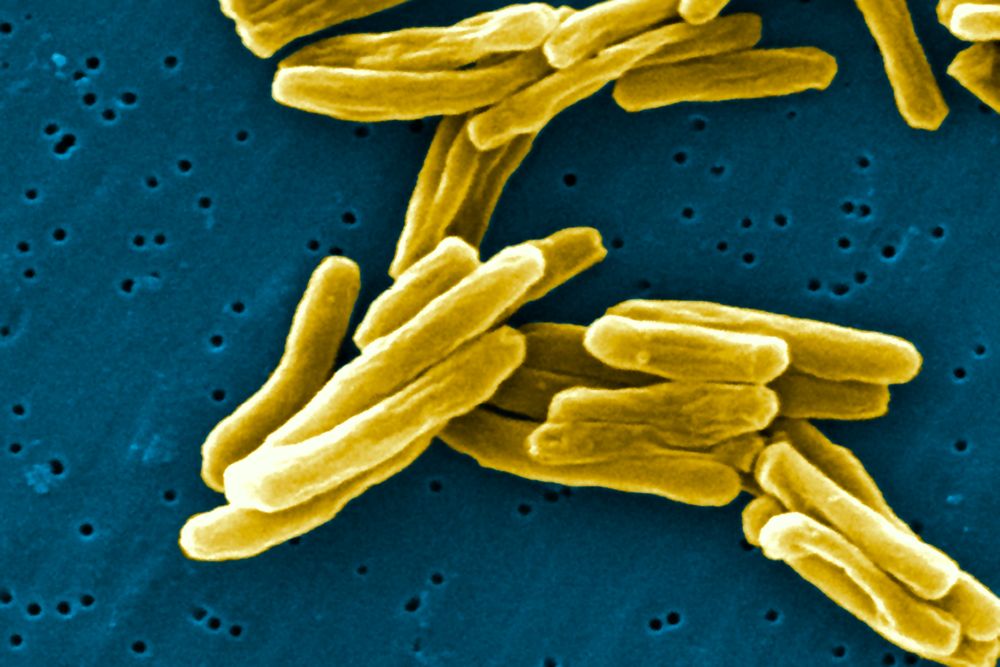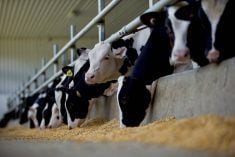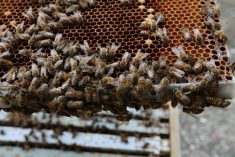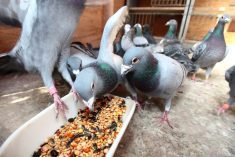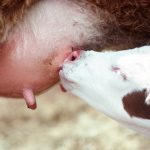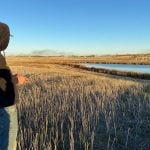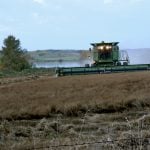All cattle that moved away from a British Columbia farm where four animals were found to be infected with bovine tuberculosis (TB) have been tracked down and tested.
The Canadian Food Inspection Agency said Tuesday it has completed its “trace-out” investigation stemming from last fall’s discovery of a TB-positive beef cow from a farm in B.C.’s southern Interior. A trace-out involves finding and testing all herds that received animals in the past five years from an infected herd.
Read Also

U.S. livestock: Cattle futures mixed
Cattle futures on the Chicago Mercantile Exchange were mixed on Thursday, after dropping sharply the previous session. The December live…
The agency’s probe, following the Nov. 9 confirmation of the first infected animal, led to the discovery of three more TB-positive cattle in the same B.C. herd, and TB testing on cattle in 38 other herds: 15 in B.C., 22 in Alberta and one in Saskatchewan.
Of those, the Saskatchewan herd, including about 1,500 animals, is the only one still under movement controls as of Tuesday. The infected B.C. herd was depopulated and no other infected animals have yet been found.
Next steps in the TB probe include the “trace-in” investigation — in which all herds that provided animals to the infected herd are tracked down and tested.
Trace-in testing will take place this fall, CFIA said, to try to “identify and eliminate the source of the disease,” if possible, and “to prevent any potential spread of the disease.”
All four infected animals from the B.C. farm carried the same strain of bovine TB, which CFIA said is distinct from any cases previously detected in Canadian wildlife or domestic livestock — and unrelated to past cases of bovine TB seen in Alberta, B.C. and anywhere else in Canada.
The U.S. Department of Agriculture has also confirmed the strain was never previously identified by its laboratory service, CFIA said.
The agency also ruled out the unusual strain from its most recent previous investigation, which involved six cattle confirmed infected in 2016 from a southern Alberta operation. That strain was found to be “closely” related to a strain originating from cattle in central Mexico in 1997.
In that investigation, which closed in May last year, no source of infection was ever identified. — Glacier FarmMedia Network

